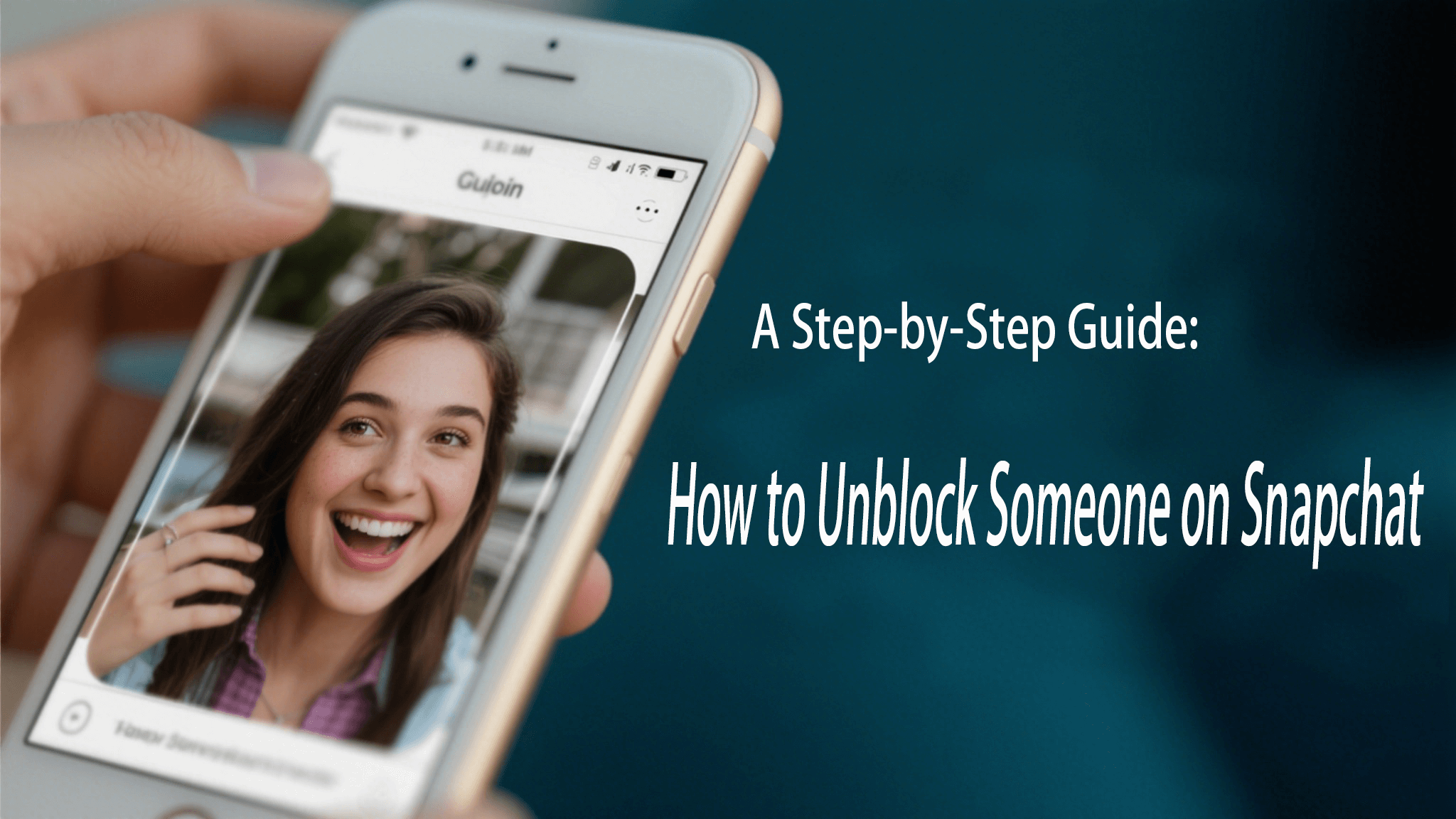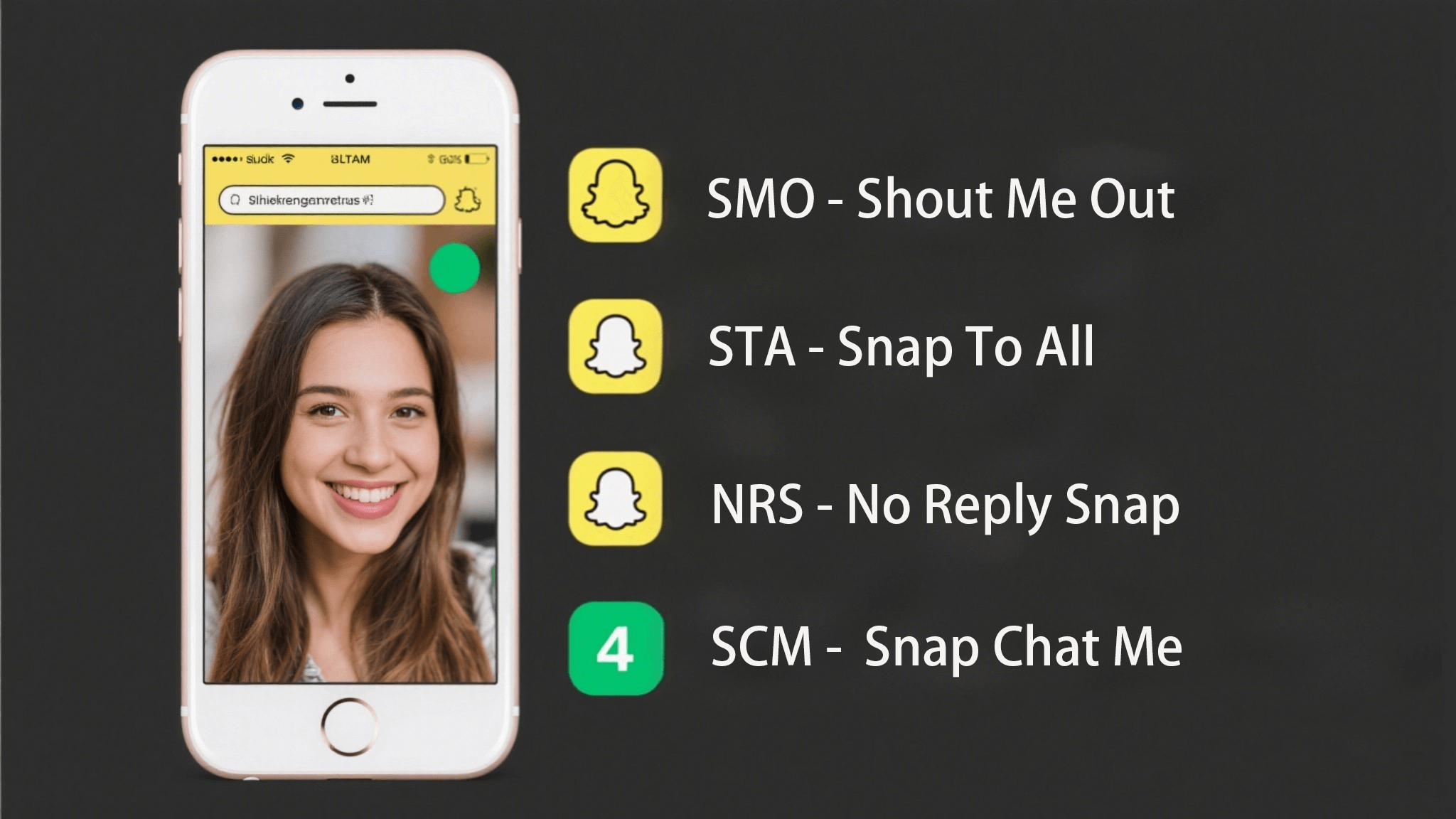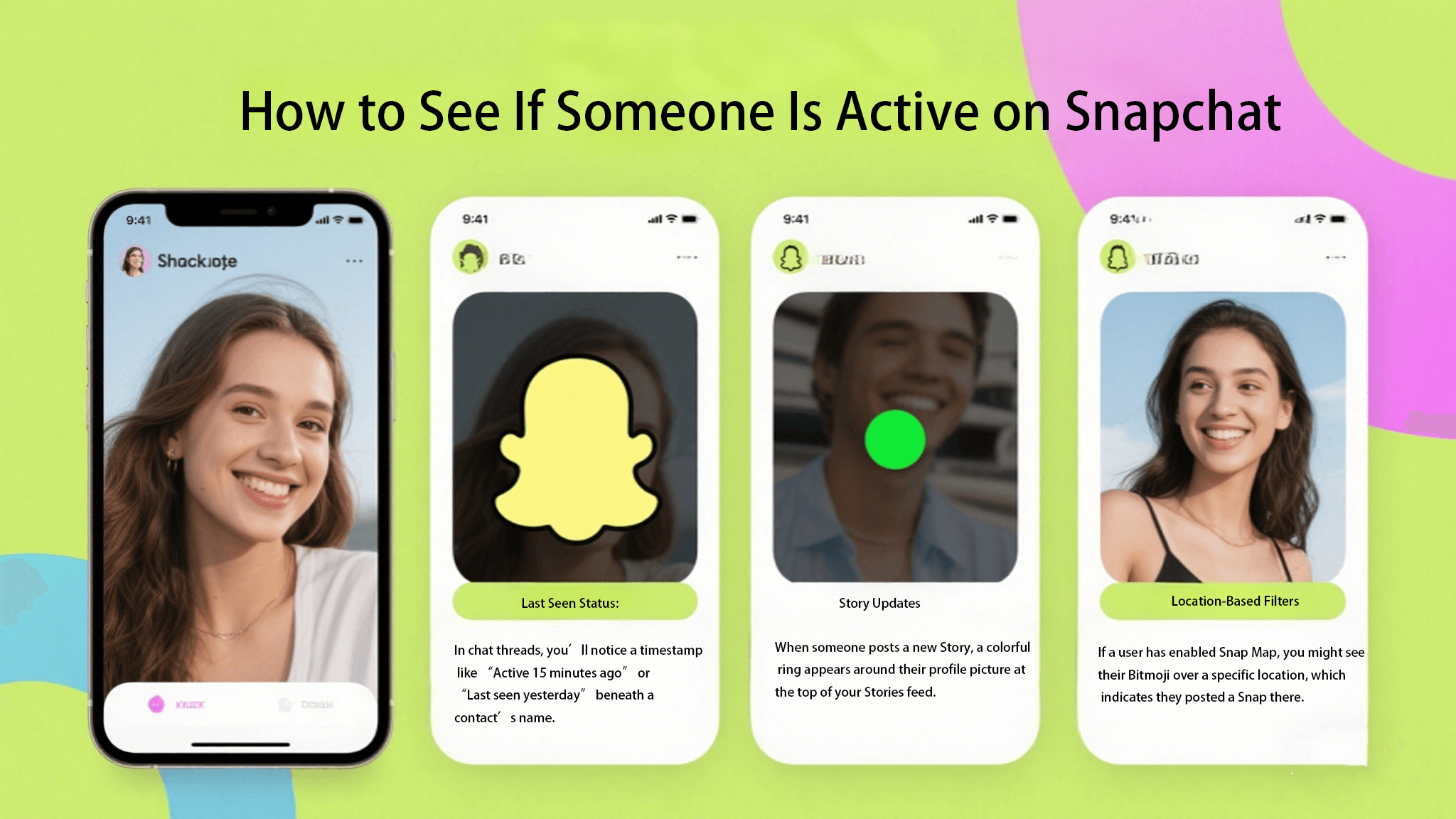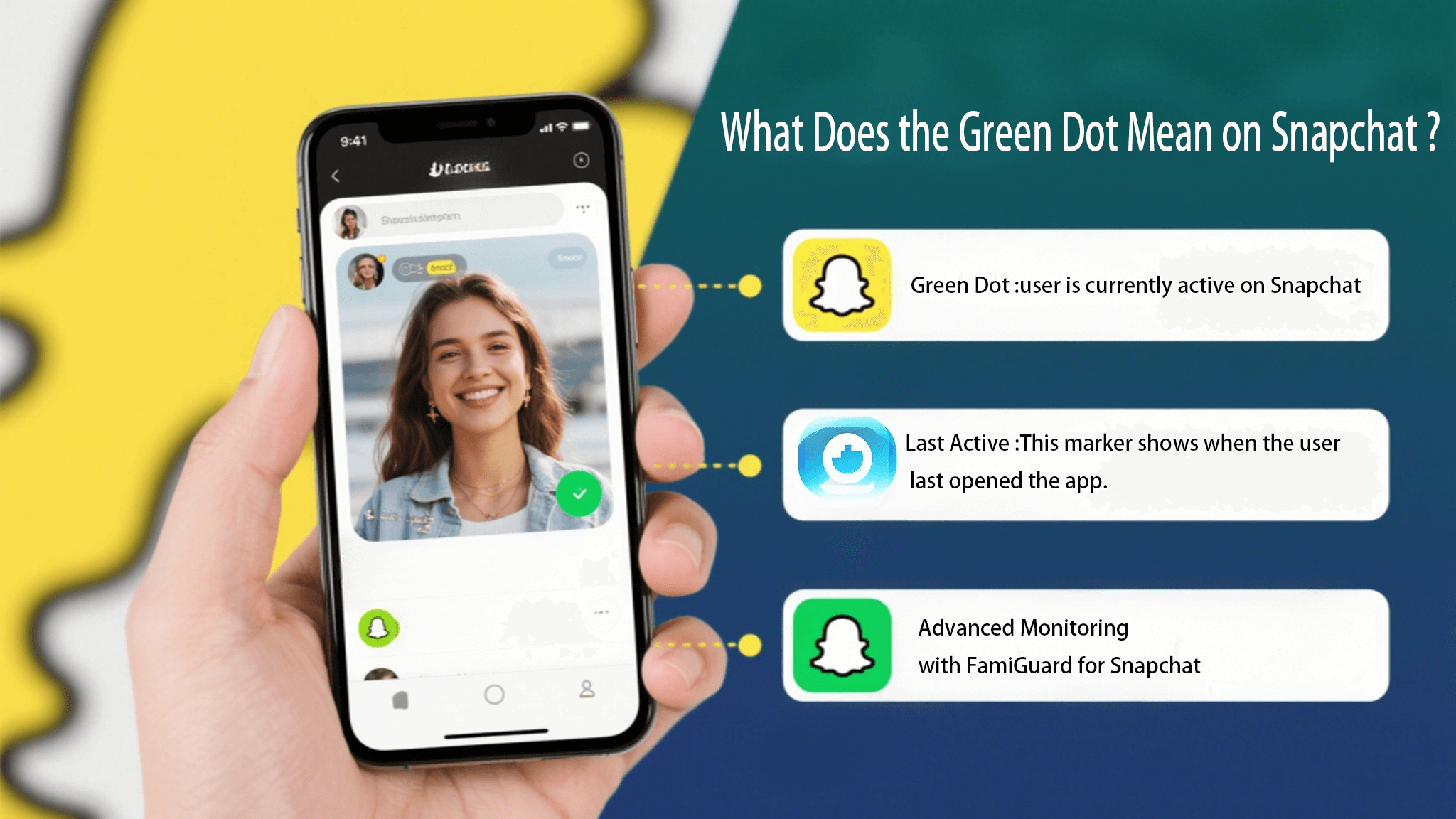FamiGuard Support: Monitor Devices with Others' Permission.
On 10 Dec 2024, the Online Safety Amendment (Social Media Minimum Age) Bill is finally passed by both Houses in Australia. This is the bill known as Australia's social media ban for under-16s.

Source: Online Safety Amendment (Social Media Minimum Age) Bill
When this bill was introduced and read for the first time to the final assent in just a month, it was shocking news to Australian teenagers and those related Tech companies. In this article, we will explain something about this bill to help readers understand it well and some tips for parents.
Quick Overview of Social Media Ban Bill
Apply to which social media? TikTok, Facebook, Snapchat, Reddit, Instagram and X. >>
How will it work? Let social media platforms put age-restricted verification to prevent under-16s from using these platforms. >>
Why does this bill exist? For concerns about the mental health effects of social media on teenagers. >>
Can teenagers bypass the laws? Yes, it is possible >>
What can parents do? Read more>>
Part 1: Which platforms will be affected by this ban?
The communications minister, Michelle Rowland, said that the laws won't apply to messaging services, such as Messenger and WhatsApp, or useful online services like Kids Helpline. Specific educational platforms, like YouTube and Google Classroom, have exemptions, too.
The "age-restricted social media platforms" in the Online Safety Act apply to social media sites such as TikTok, Facebook, Snapchat, Reddit, Instagram, and X, even though Reddit is one kind of message board. Discord is not one of them, and it won’t be banned in Australia this time.
What are the banning methods?
There hasn't been any explanation of the exact method of banning. However, this bill aims to stop under-16s from logging in or having accounts on these services. It's not clear what will happen to existing accounts. But it's worth mentioning that some social platforms like YouTube or Facebook have content that can be viewed without logging in or having an account, and for teenagers, that content will still be available to them even after this bill is properly implemented.
Part 2: How will it work?
Actually, we have no idea how this bill will be implemented.
Referring to other countries' restrictions on minors' use of software, there may be a need for identity verification, such as China's regulations on underage gaming time limits - when new users sign up for an account, they have to bind the necessary identity documents with the account, which will include relevant age information to help tech companies identify whether the new user meets the requirements to play games without restrictions Age conditions.
This means that Australian citizens must hand over personal identification, such as a driver's license or passport, to big tech companies for review. Then that's a privacy issue.
Several Coalition members called for concerns about the privacy implications of this bill. As the new fines, up to $50m, apply for "systematic" issues where numerous users can bypass the rules, this will push those tech companies to take action for age assurance technology.
Part 3: Why does this bill exist?
In recent years, the Australian government has had a continuing interest in the impact of social media. There is a full report on social media in the Parliamentary of Australia, which includes a section analyzing and listing the online harm and the negative impacts of social media.
Concerns about the mental health of young people and the impact of social media have been raised by the Australian government. The spread of inappropriate content on social media, such as explicit body images, bullying, harmful and abusive messages, and even misogynistic content, can have a bad influence on the mental health of young people.
Rowland said, "Almost two-thirds of 14 to 17-year-old Australians have viewed extremely harmful content online, including drug abuse, suicide or self-harm, as well as violent material." Then she detailed that eSafety Commission research said parents found online safety to be one of their biggest challenges.
The bill came up in order to protect the mental health of the youth, but after all, ironically, some of the hate-spreading websites, such as 4chan, are not among the banned. There is much more that needs to be done for parents to help protect their children's online internet safety.
Part 4: Can teenagers bypass the laws?
Social Media Ban for Under-16s came about to keep teens safe on the Internet, but won't young people be able to get around the laws?
The answer is yes.
Even with age and credit card verification like OnlyFans, there are still underage people who can bypass the verification process and successfully sign up and use the site. And the controls on alcohol and cigarettes aren't perfect, either. This bill can "set clear parameters for our society and assist in ensuring the right outcomes," but it's hard to stop the leaks.
With this bill in place, parents can teach their children that it is illegal to have these social media apps' accounts as legal backing. Even if this bill doesn't come to fruition as envisioned, it is a very strong support.
Rowland doesn't think this program will necessarily get universal acceptance, but the government will still do something about it.
Part 5: What can parents do?
Is the use of socialization among teenagers that needs to be controlled? The answer is yes; there are a lot of things for parents to counsel here, not just relying on a government bill.
The emergence of this bill will make many teenagers uncomfortable, with their otherwise internet life being disrupted in this way, and as a parent reasonable guidance and support is necessary.
1 Have open and honest communication: This bill does not make Under-16s no longer able to access the Internet; normal socializing with friends can still be retained.
2 Digital literacy education: Discuss the dangers of cyberbullying, inappropriate content, and harmful people on the Internet, and then how to respond to it.
3 Parental controls and monitoring: Use parental control tools like FamiGuard Pro and set up effective protection measures on kids' devices.
Set Time Limits: Establish specific time limits for screen time and social media use.
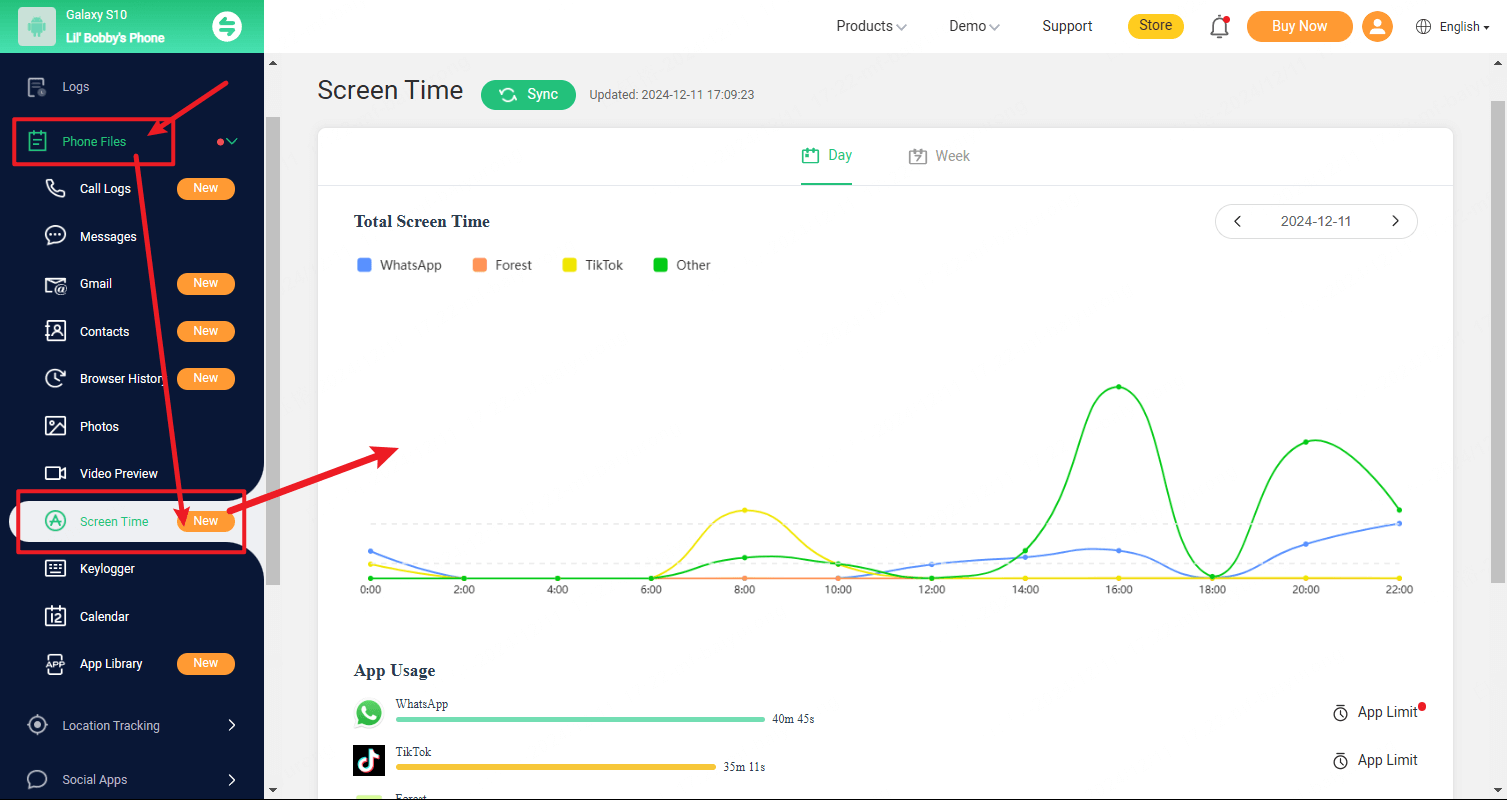
Monitor Social Media Accounts: Monitor your child's social media activities, if they have them, to ensure safe and appropriate usage.
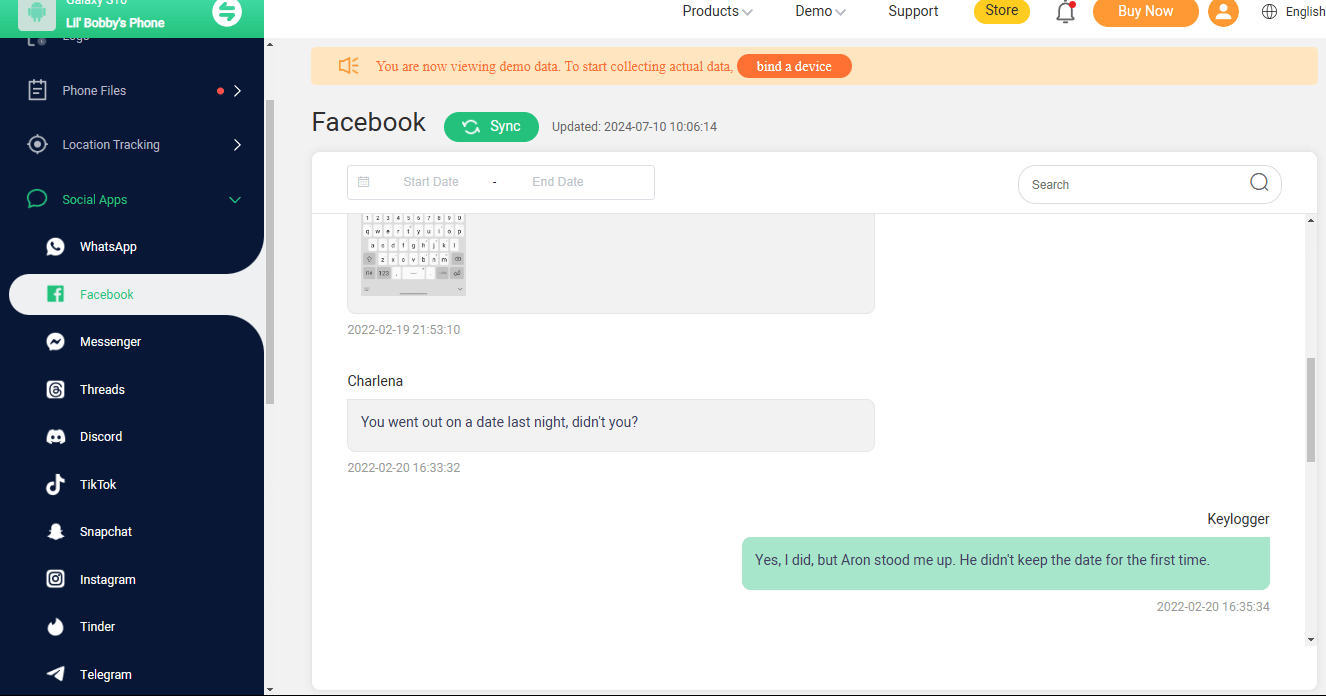
Check Messaging Apps' Chats: Both messaging apps and default messages allow parents to monitor kids' chats with FamiGuard Pro.
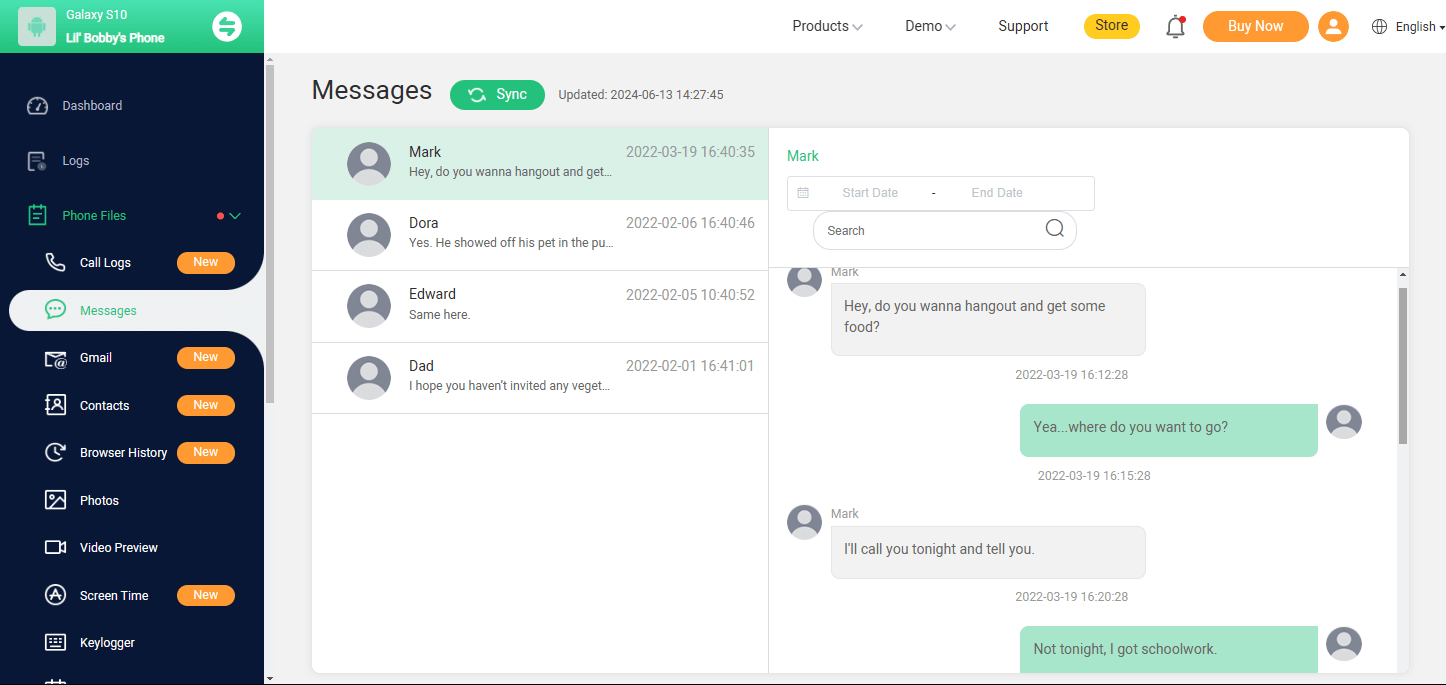
Keyword Alerts: For parents who don't have enough time but are still concerned about kids' phone usage, setting up keyword detection is a solution. When those inappropriate words show up, FamiGuard Pro will take screenshots and send notifications to parents.
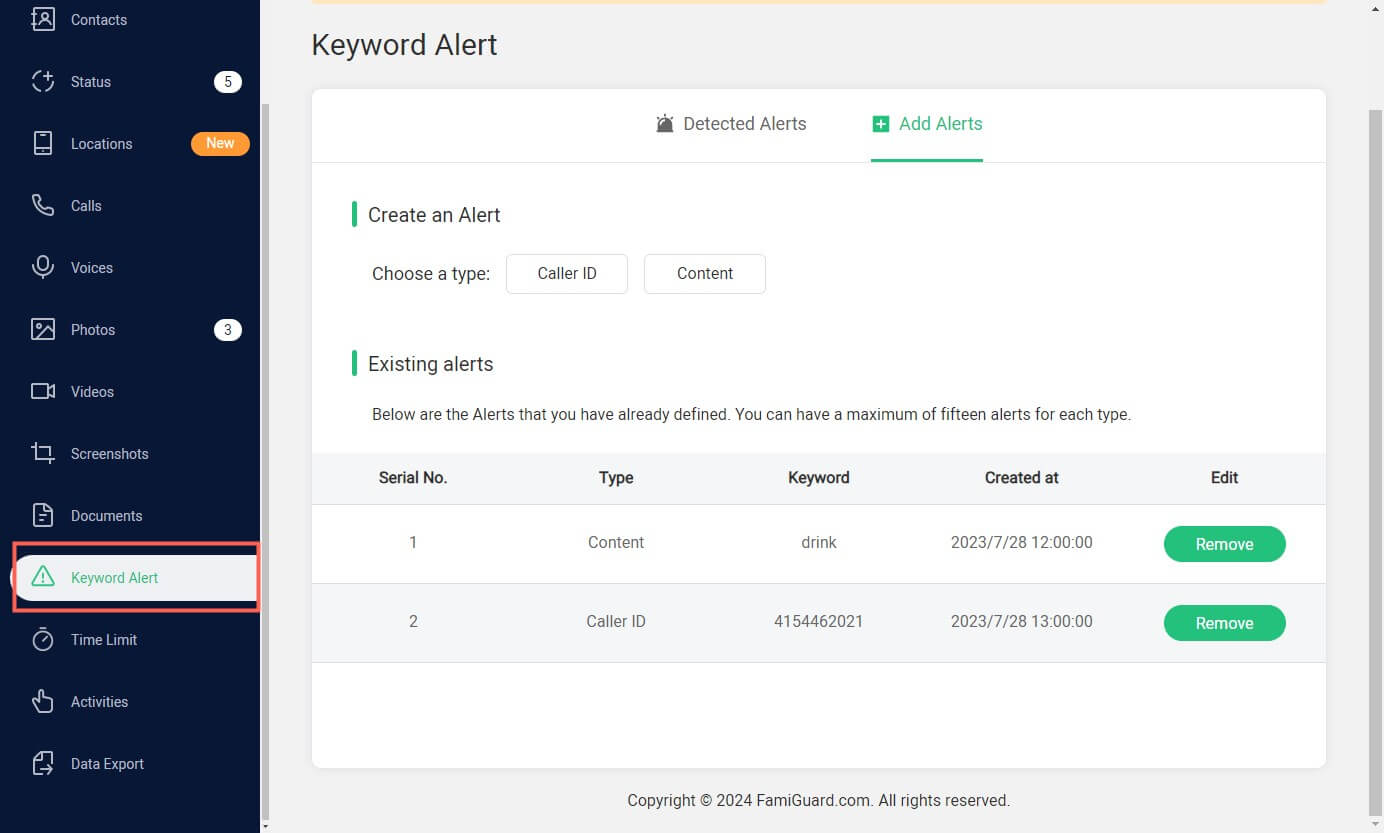
4 Encourage offline activities: You can encourage your child to pursue hobbies and interests that don't involve screens, for example, trying outdoor activities like sports, nature walks, or bike rides.
Conclusion
This social media ban bill gives major tech companies a year to respond accordingly, and there is a question of how to protect citizens' privacy while ensuring that age audits are in place. This bill shows a tendency, but the specific direction and actual operation still need further attention.
By Tata Davis
An excellent content writer who is professional in software and app technology and skilled in blogging on internet for more than 5 years.


































